Javier Milei, a fervent supporter of Bitcoin, will be competing in a November 19 runoff election after not securing a decisive victory in Argentina's initial presidential round. Early results from the October 23 elections, as reported by Bloomberg, indicated that economy minister Sergio Massa was ahead, garnering more than 36% of the popular vote. In contrast, Milei had secured a bit over 30%.
Candidates aiming for the presidential office required either 45% of the total votes or a minimum of 40% with a margin of 10 percentage points to win in the first round. Despite this, Milei's initial lead in the country's primary elections in August - where he secured nearly 30% of votes - had painted him as a likely winner for the presidency.
Milei identifies as an anarcho-capitalist and is an advocate for drastic reductions in governmental size. He has expressed concerns about the functionality of Argentina's central bank, even going so far as to label it deceptive.
Among his radical financial suggestions, Milei has proposed replacing the Argentine peso with the United States dollar. This is a move reminiscent of what El Salvador did when it embraced Bitcoin. Moreover, his political faction, known as Liberty Advances (La Libertad Avanza), oscillates between libertarian and more extreme populist views.
A vocal critic of centralized financial institutions, Milei regards Bitcoin as a retaliation against what he calls "central bank manipulations". He also believes that fiat currencies enable political figures to deceive the Argentine public through inflationary tactics.
Meanwhile, Sergio Massa has a different vision for Argentina's economic future. He is keen on introducing a central bank digital currency (CBDC) to address the country's persistent inflation issues. Unlike Milei, Massa has dismissed the idea of switching to the U.S. dollar.
These electoral developments occur at a time when nearly 40% of Argentines grapple with poverty and the repercussions of an escalating debt situation. Additionally, the annual inflation rate is approaching a staggering 140%.
On November 19, Argentina's populace will cast their votes once again. The contender with the majority of votes will serve as president for the upcoming four years.






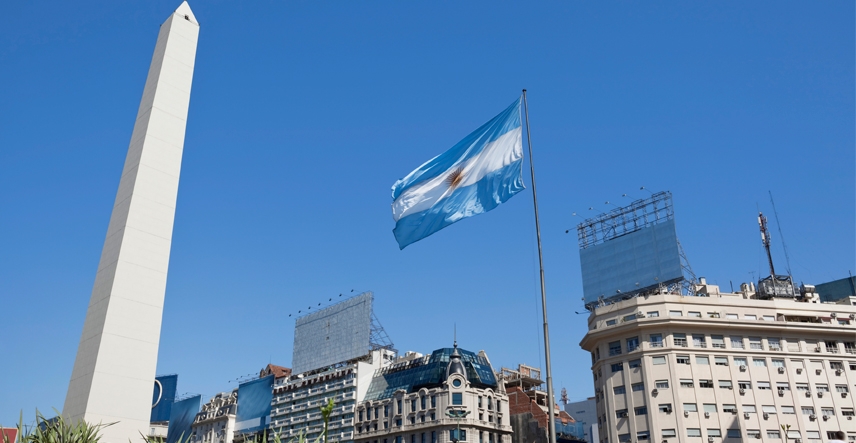
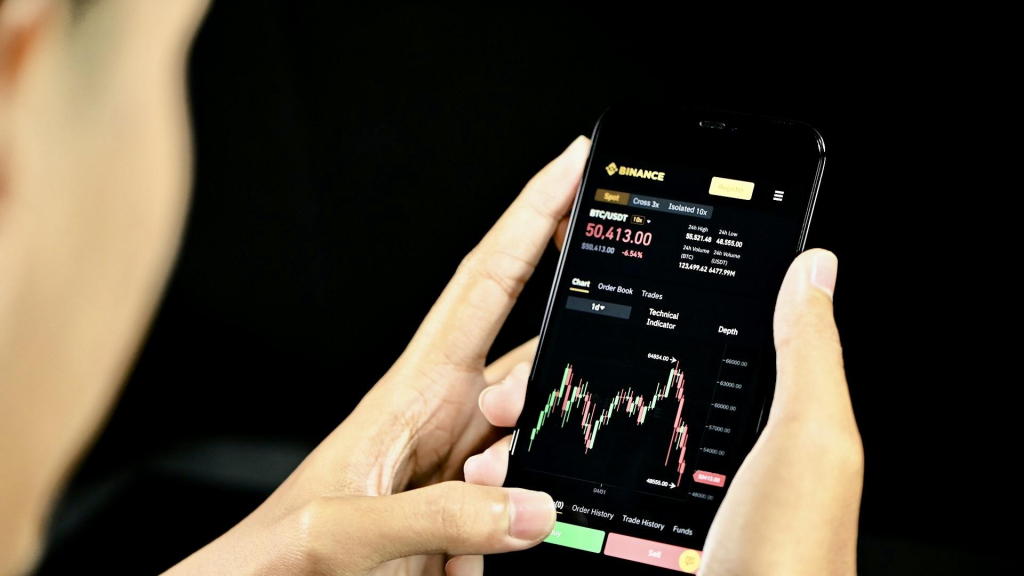

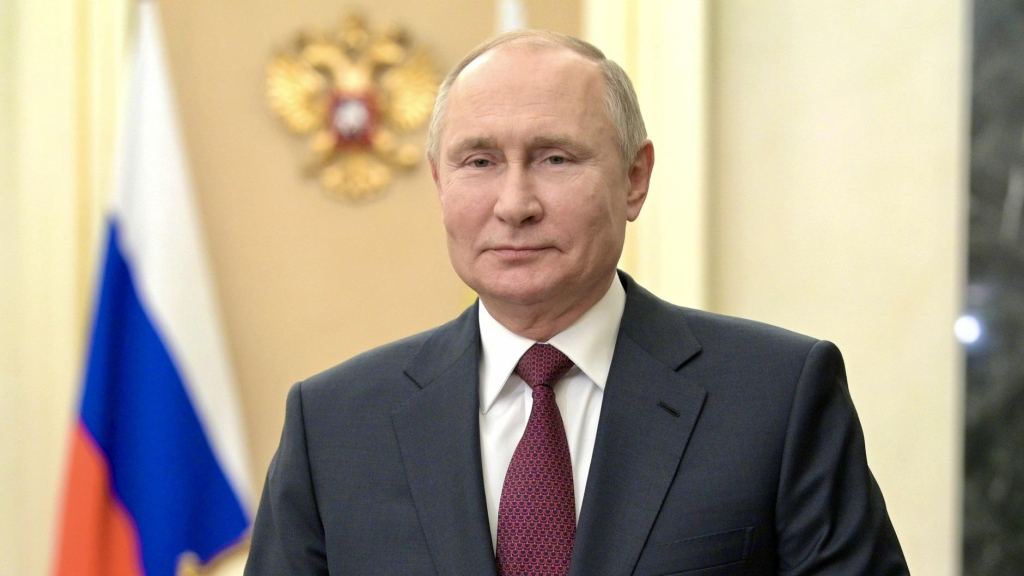
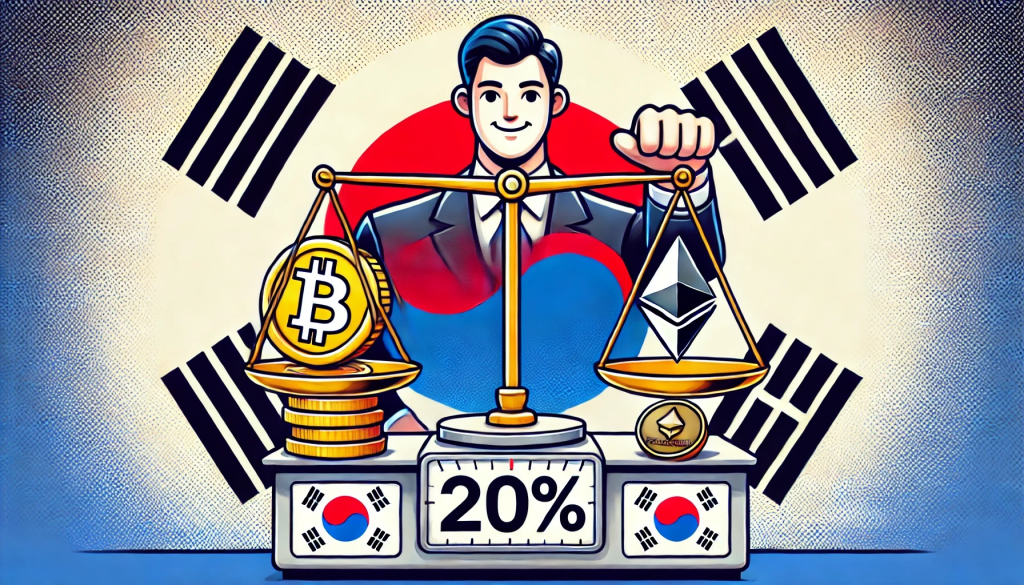


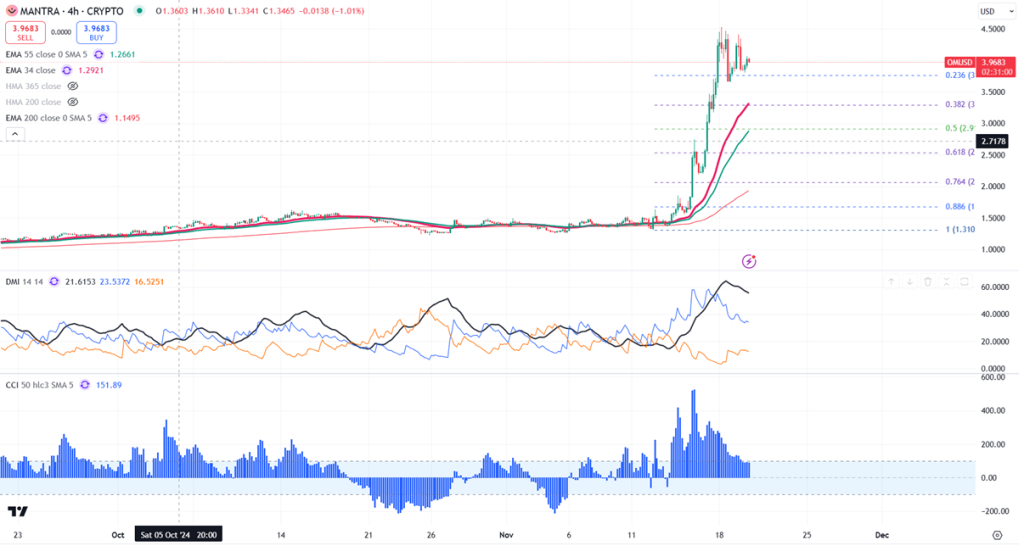

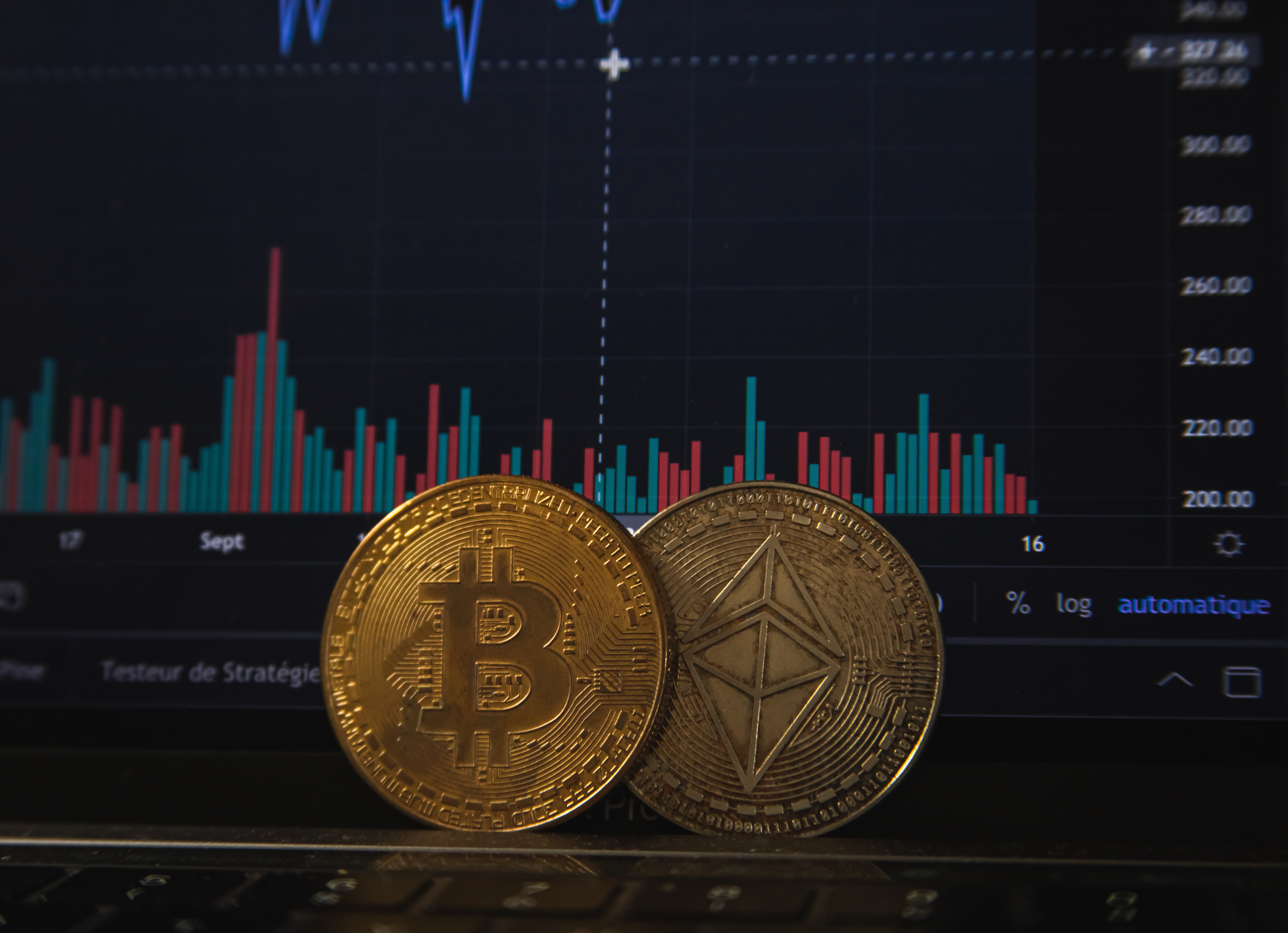



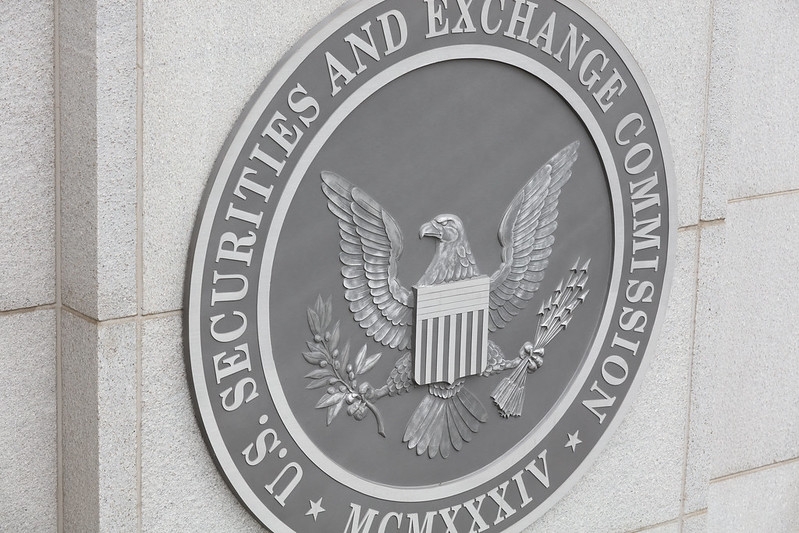
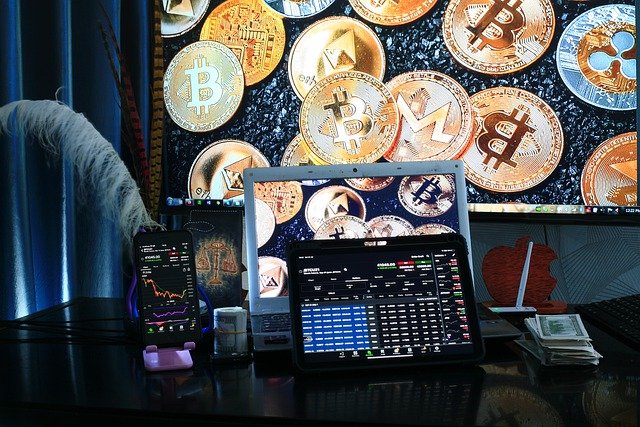




Comment 0